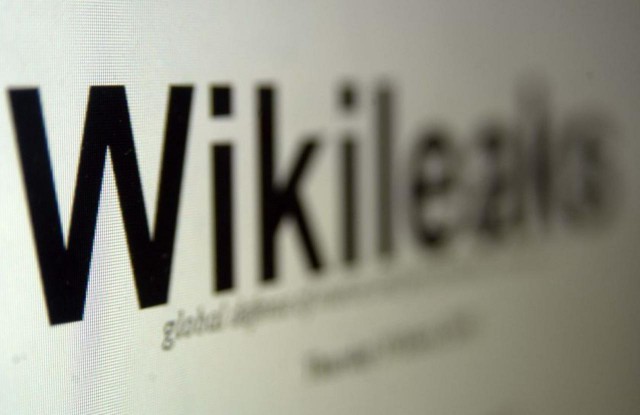Free Expression, Open Internet
Exporting the DMCA

Another leaked version of the Trans-Pacific Partnership (TPP) Agreement appeared on Wikileaks yesterday and, as expected, it shows some positive progress, but also some backsliding.
First, the good: The article on limitations and exceptions has stayed in the draft and even expanded slightly to include efforts to make protected works accessible for the visually impaired. This moves us closer to international recognition of fair use, a copyright principle essential to free speech and collaborative innovation on the Internet.
The DMCA’s notice-and-takedown regime has made possible the Internet-driven economy and the revolution in user-generated content.
Far less positive, though, is the apparent demotion of limitations on ISP liability for copyright infringement from an article of the Agreement to a mere “non-paper” in an addendum. Similar to our Digital Millennium Copyright Act (DMCA), the proposed article would have limited copyright liability for ISPs, websites, and search engines that host or facilitate access to content posted by third parties. In the U.S., the DMCA’s notice-and-takedown regime has made possible the Internet-driven economy and the revolution in user-generated content.
Google’s recent piracy report, released today, is a good illustration. Google reports that its streamlined removal processes have removed 222 million search results in response to notices from content owners and that the average response time between notice and takedown remains under six hours. As significant, YouTube’s Content ID system has now generated $1 billion in revenue for content creators.
To be sure, some content creators will say that search engines and websites can and must do more to fight online piracy. And some public interest voices will remain concerned about potential abuse of automated content removal tools. Google’s report shows, however, that the DMCA’s limitations on liability allow for experimentation with technologies to address online copyright infringement and experimentation with new business models that benefit both websites and content creators.


